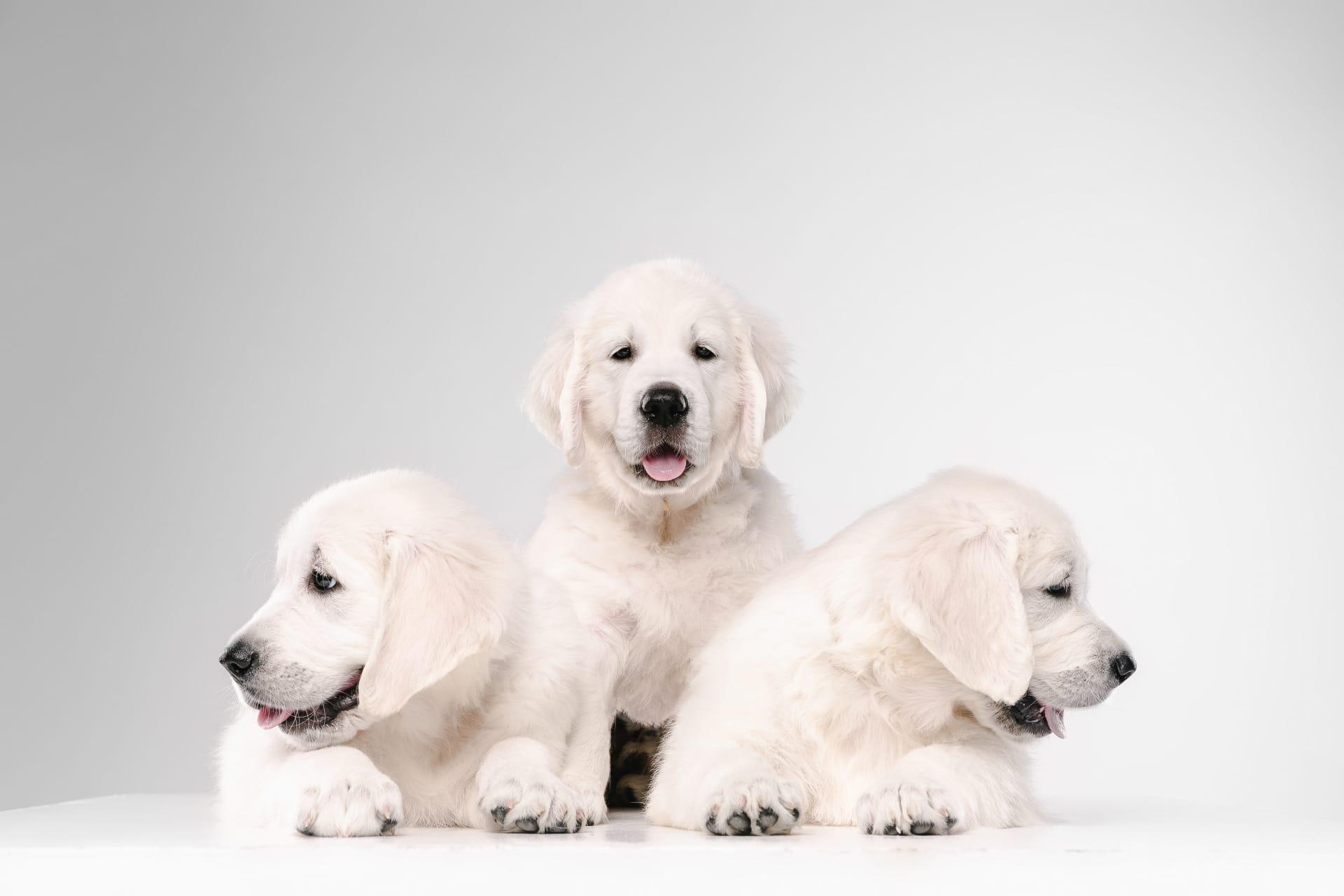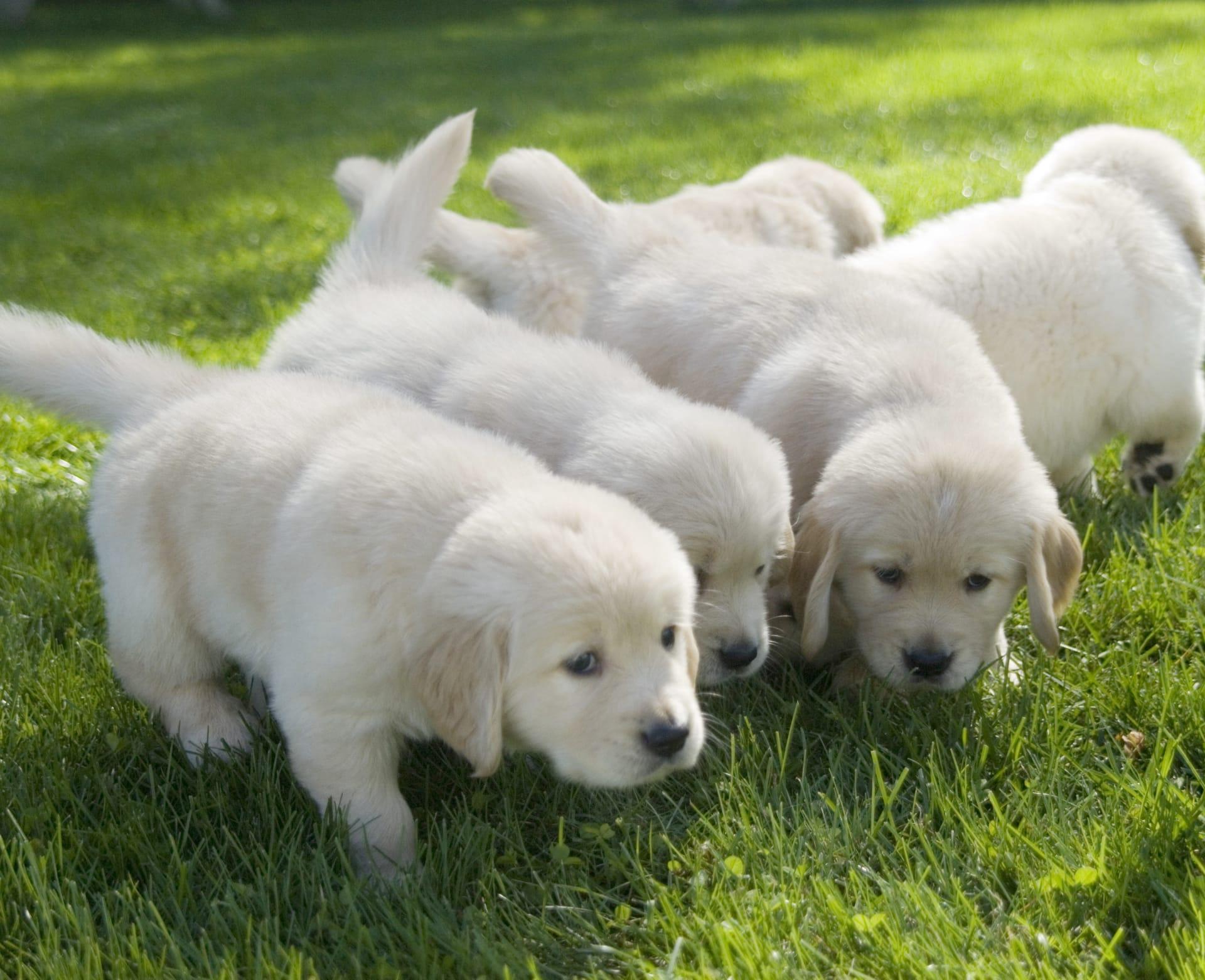Great Pyrenees Trivia
- Home /
- Trivia Question /
- Animal /
- Great Pyrenees Trivia
1
Question: How large can a Great Pyrenees grow, and what is their average lifespan?
Answer: Great Pyrenees can grow to a height of 25 to 32 inches (63.5 to 81.3 cm) at the shoulder, with males typically on the larger end of the scale. They weigh in anywhere from 85 to over 100 pounds (38.5 to over 45.4 kilograms), with some males reaching up to 160 pounds (72.6 kilograms). Their average lifespan ranges from 10 to 12 years, providing they're given proper care and nutrition.
Question: Are Great Pyrenees good with children and other pets?
Answer: Yes, Great Pyrenees are known for their gentle and protective nature, making them excellent companions for families with children. They exhibit patience and a nurturing attitude towards kids. Additionally, when socialized properly from a young age, they can get along well with other pets, including dogs and cats, though their strong protective instincts may prompt them to herd or guard their animal companions.

2
Question: Is it true that Great Pyrenees are outdoor-only dogs due to their size?
Answer: Contrary to this common misconception, Great Pyrenees can adapt well to indoor living provided they have enough space to move around and receive adequate exercise. Despite their large size, they enjoy being part of the family and can live comfortably indoors, as long as they get regular outdoor walks and playtime to satisfy their exercise needs.
Question: Do Great Pyrenees bark a lot, and can this be managed?
Answer: Great Pyrenees are known for their vigilant bark, often used to alert their owners of anything unusual. This behavior stems from their origins as livestock guardians. However, with proper training and socialization, excessive barking can be managed. Providing them with enough physical and mental stimulation also reduces unnecessary barking.

3
Question: How much exercise does a Great Pyrenees need?
Answer: Despite their calm and placid demeanor, Great Pyrenees require regular exercise to maintain their health and happiness. They need at least 30 to 60 minutes of activity daily, which can include walks, play sessions, or free time in a secure, fenced area. This breed enjoys activities that engage both their mind and body, such as hiking or gentle playtime with family members.
Question: Are Great Pyrenees prone to any specific health issues?
Answer: Like many large breeds, Great Pyrenees can be susceptible to certain health conditions, including hip dysplasia, bone cancer, and bloat. Regular veterinary check-ups, a healthy diet, and proper exercise can help mitigate these risks. It's also important for potential owners to work with reputable breeders who screen their breeding animals for these conditions.

4
Question: What kind of climate is best for a Great Pyrenees?
Answer: Great Pyrenees have a thick, double-layer coat that provides excellent insulation against cold weather, making them particularly well-suited to cooler climates. However, they can adapt to warmer environments if provided with sufficient shade, water, and air-conditioned spaces to avoid overheating.
Question: How much grooming does a Great Pyrenees require?
Answer: The Great Pyrenees' coat requires regular maintenance to keep it in good condition. Weekly brushing is recommended to remove loose fur and minimize shedding, with more frequent grooming needed during their twice-yearly shedding seasons. Despite their long coat, they do not need frequent baths—only a few times a year or as needed when they get dirty.

5
Question: Can Great Pyrenees be trained to live with livestock?
Answer: Absolutely, Great Pyrenees have a natural instinct to guard and can be trained to live with and protect livestock such as sheep, goats, and chickens. Training should start early, and the dogs should be introduced to the animals they will be guarding in a controlled manner to foster a protective bond.
Question: How does the Great Pyrenees' protective nature affect their behavior as family pets?
Answer: The Great Pyrenees' protective instincts make them vigilant and attentive family members. They are naturally cautious with strangers but not aggressive. Proper socialization from a young age is essential to ensure they become well-adjusted, confident dogs that can distinguish between normal and threatening situations, ensuring their protective nature is a benefit rather than a challenge.